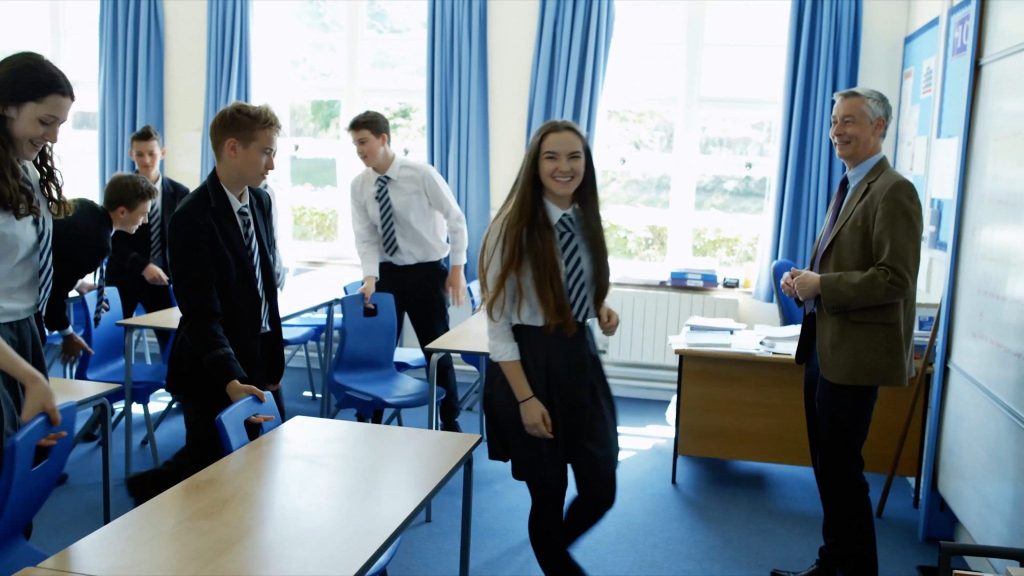CURRICULUM
SLAM Internacional is a greenfield educational project in Spain combining high-quality academics with elite sports training. The project includes a main building under ownership and long-term rights (40 years) over a broad range of sports and academic facilities.
Campus
Over 20.000.000 m² with first-class facilities: indoor/outdoor sports centre, aquatic high-performance centre, football, golf, horse riding, tennis, gym, lake, MTB and climbing

Programmes
SLAM Boot Camps – athletic and cognitive development camps
SLAM School – international secondary school (12–18)
SLAM Summer Camp
Mission
Integrate academics, high-level sports and quality boarding for holistic student development
Values
Commitment, excellence, personal growth, academic & athletic balance
Key Benefits for SLAM Students
- Bilingual, internationally connected environment
- Curriculum focused on critical thinking, research, and leadership
- Tailored for student-athletes and flexible learners
- Hands-on & career-oriented learning (STEAM, Business, Sports)
- +60 online university-level courses and certifications
- Competitive Advantage in Spain: IB exempt from Selectividad under new 2025–26 regulation
- Global Recognition and Educational Excellence
